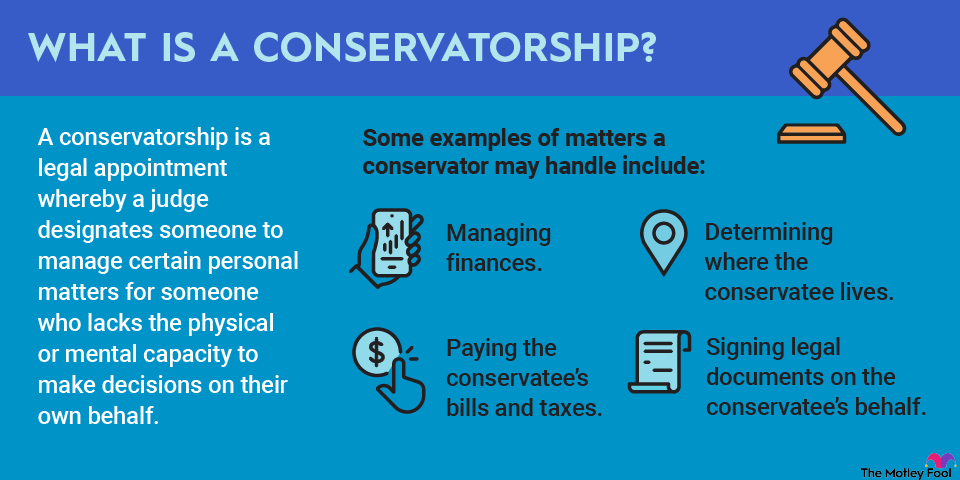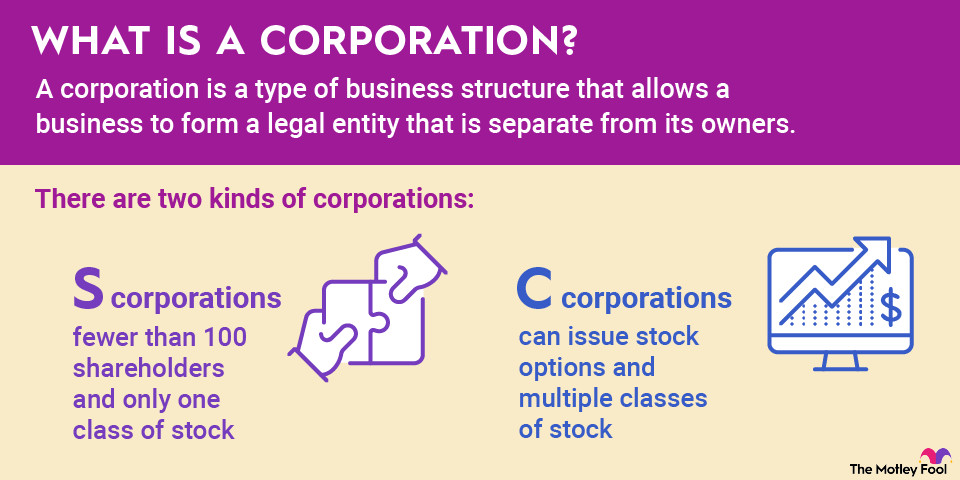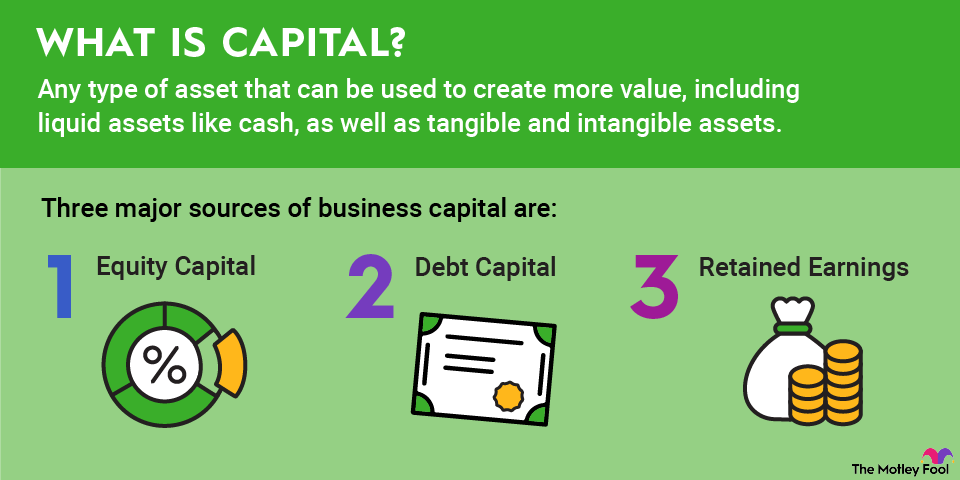The term "capital market" is often used to reference the stock market, but it actually has a much broader definition. In this article, we'll define capital markets, discuss the role they play in the financial system, and talk about the types of financial markets that are and are not included in this category.

What are capital markets?
Capital markets refer broadly to the parts of a financial system that deal with raising capital through investments or trading investments with other investors. The main function of capital markets is to bring buyers and sellers of investments together to facilitate liquidity -- the ability to quickly buy and sell investments -- as well as to ensure smooth and orderly transactions.
The terms "capital markets" and "stock markets" are often used interchangeably, but it's important to make a distinction between them. A stock market is a type of capital market, but capital markets can be any platform where investments are bought and sold.
There are three main types of capital markets. There are stock markets, where equity shares of publicly traded companies are listed for investors to buy and sell. There are bond markets, where debt instruments are bought and sold, and there are currency markets, where different currencies from all over the world are traded.
There are also options and futures markets, commodity markets, cryptocurrency markets, and more, although these fall more under the even broader category of financial markets, which refers to any platform where investors organize and trade assets. The key distinction to keep in mind is that capital markets are places where capital can be raised, not just where assets can be traded among investors.
Having said that, there are other forms of capital markets. For example, there are platforms designed to allow investors to pool their money to buy commercial real estate.
Examples of capital markets
As far as stock markets go, the New York Stock Exchange (NYSE), Nasdaq, London Stock Exchange (LSE), Shanghai Stock Exchange, and the Shenzhen Stock Exchange are some of the largest, but there are numerous other stock exchanges throughout the world. There's also the over-the-counter (OTC) market, which features thousands of companies that either don't want to list on a major stock exchange, or, for one reason or another, cannot qualify to do so.
There are also some bond markets that facilitate trading of bonds, such as the NYSE Bonds market. The U.S. Treasury's Treasury Direct is another example of a market, where the government sells debt securities such as Treasury bonds directly to the public.
Primary and secondary markets
Within the capital markets, there are two main types of transactions that take place.
1. Primary markets
Primary markets involve a company (or other entity) selling investment securities directly to investors, typically investment banks, hedge funds, and other institutional investors.
For example, when a company issues new shares in an initial public offering (IPO), that's an example of primary market trading. When a company decides to raise capital via a debt offering and sells bonds to institutional investors, that's a primary market situation. Companies hire investment banks to help issue new shares or bonds (a process known as underwriting), and, for this reason, the primary market is often referred to as the "new issue" market.
2. Secondary markets
On the other hand, the secondary market refers to stocks, bonds, or other securities being traded between investors. When you buy stock through your broker, it's an example of secondary market trading since your shares come from other investors, not the company itself. The NYSE is an example of a secondary market.
When it comes to stocks, bonds, options, and several other types of investments, there are regulatory agencies such as the Securities and Exchange Commission (SEC) that oversee trading activity. Their regulations apply to both primary and secondary market activity.
Related investing topics
Other types of markets
Other types of markets
As we've seen, capital markets are places where investment capital is raised, usually through stocks or bonds, and where these instruments are traded between investors in a liquid and orderly manner. However, there are a few other terms that often get used interchangeably with the term capital markets, but they have different meanings.
- Stock markets: A stock market is a type of capital market where equity shares of corporations are issued, exchanged, bought, and sold.
- Money markets: Although money market funds are a form of debt, it is short-term in nature. The "capital markets" inclusion of bond and debt markets typically only means long-term debt, which refers to bonds and other debt securities with maturities of a year or longer. Short-term financing is facilitated in money markets -- usually to provide capital for a short-term purpose, such as to fund operations while waiting on customers to pay their accounts.
- Financial markets: The broadest "market" term, financial markets refer to the capital markets, money markets, and more. Basically, anywhere money is raised or investments are traded can be classified as a financial market under the broad definition of the term.
Not to add confusion, but the exact definition of some of these terms can depend on the source. For example, many people use the term "financial markets" to include just money markets and capital markets, while others use it in a broader sense. Many experts consider capital markets to be the stock, bond, and foreign exchange markets, but there's some gray area there as well, especially when it comes to derivatives of the investments in these markets (such as options and futures exchanges). So it's best to know the general definition as well as the other types of markets.


















